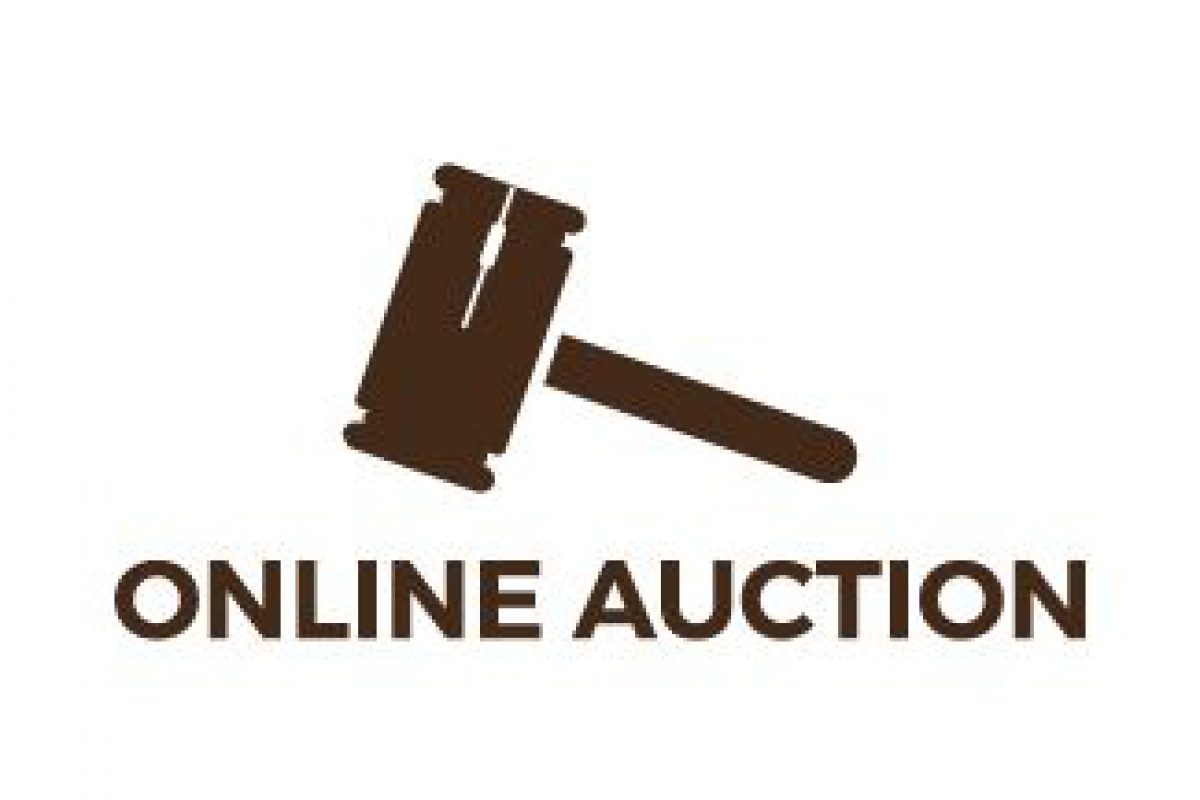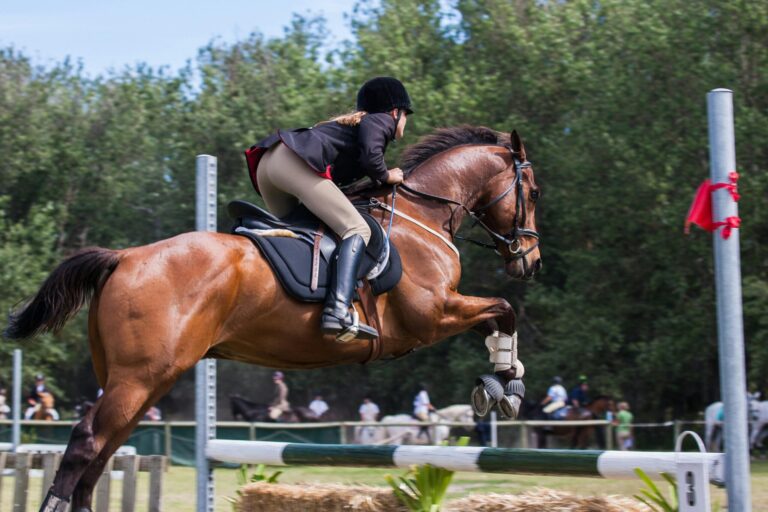Due to the COVID-19, it is difficult to sell and buy horses since for example the NVWA in the Netherlands decided that from Friday March 27th, 2020, export certification will no longer be carried out for i.e. horses. Also, other countries adopted temporary restrictions on the import and export of horses. It is still difficult for people to travel and therefore to visit and try-out horses.
With public gatherings being limited and people advised to stay 1.5 meters apart at all times, it may be easy to assume that people are no longer buying horses. However, with options such as online auctions, buyers are still interested in buying all types of horses, such as embryo’s, foals, young horses etc. In fact, the corona virus pandemic is leading to a rise in online auctions, as people turn to safer ways to buy and sell horses.
Taking into account the increasing number of online auctions, it is important for sellers and buyers to be aware of the (legal) differences between face-to-face sales and distance sales. In a face-to-face sale, the buyer can actually inspect a horse in person before the purchase. Whereas, distance sales for horses which takes place via the internet or online auctions, breaks down and eliminates the physical limitations of physical auctions such as geography, presence, time, space, and a small target audience.
According to the European law, in case of “distance sales” of horses, a consumer has the right to withdraw the purchase agreement without providing any reason within 14 calendar days (“the cooling-off period”). Moreover, the cooling-off period starts on the day after the consumer has received the horse. When the consumer performs the right of withdrawal, he/she has to return the horse to the seller.
In an online sale, during an online auction, the buyer could be residing abroad and so the purchase agreement in this case could take place overseas. In such circumstances, according to the European and/or International law, the competent court could be abroad, hence, the law of the other country could be applicable. Nevertheless, the whole case depends on, for example, whether the buyer is professional or consumer and on the destination of delivery of the horse. However, this could be different in case there are general and/or auction conditions which are applicable and include a choice-of-court agreement and the chosen law.
Furthermore, in an online sale, it is not always possible to try-out the horse before the auction, for which this could have legal consequences. In that respect, according to the Dutch law, it could be (legally) relevant whether the buyer tried-out the horse before the purchase since the buyer has, according to Dutch law, an investigation duty.
Finally, at the beginning of this article we referred to the import and export of horses which have temporarily stopped worldwide due to the COVID-19. Yet, beginning from June 2020, the import and export have resumed back in the Netherlands. Still, whether the actual delivery can take place or not depends also on the actual regulations of the other country.
If you have any questions about this subject, please contact our colleague Joëlle Bongers.


